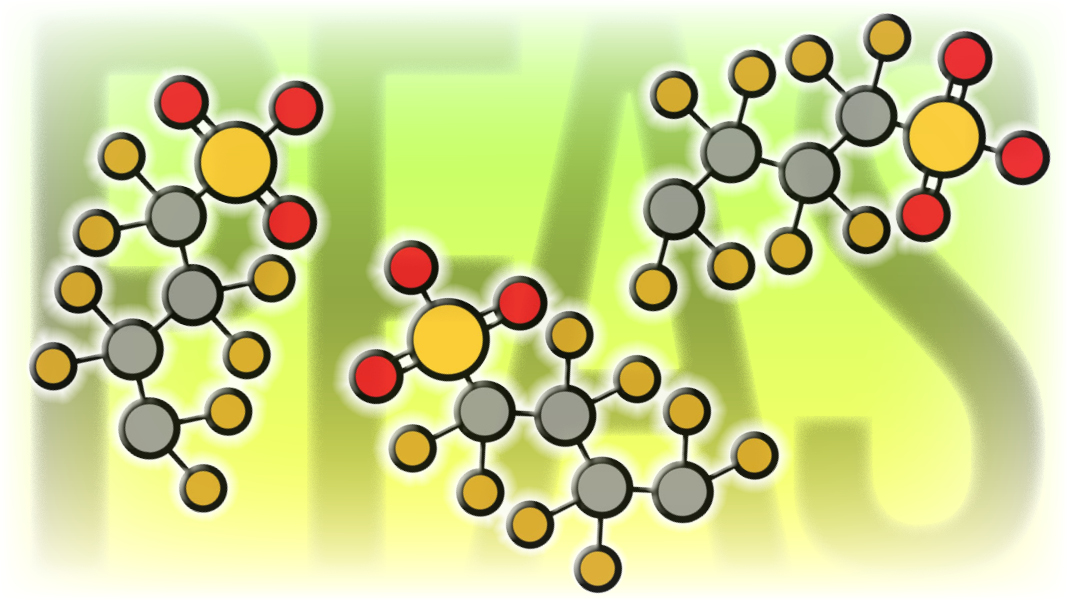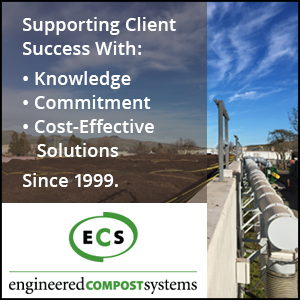“The US Composting Council (USCC), on behalf of an industry facing detrimental economic impacts from Per- fluoroalkyl compounds (PFAS) found in all consumer products, is calling for bans on use of the chemicals and immediate research to study their impacts on plant uptake,” states the industry association’s positioning and guidance statement on PFAS issued on November 29. “Products containing PFAS and similar chemical make-up of products, must be removed from circulation. We support an immediate need for government peer reviewed research to determine scientifically based levels of harm of PFAS in soil.” These research impacts are needed for the composting industry to take the right actions to mitigate any proven harmful impacts, states Frank Franciosi, the USCC’s executive director.
The synthetic chemical compounds known as PFAS, perfluorooctanoic acid (PFOA), and perfluorooctane sulfonate (PFOS) — categorized as forever chemicals because of their persistence — are ubiquitous in the environment. BioCycle has published a number of articles that explain what they are and their pervasiveness (including data in a recent Centers for Disease Control survey that found 98% of the blood sampled had detectable concentrations of forever chemicals). In October, BioCycle reported on a composting facility in Westminster, Massachusetts that was cited as a source of PFAS in nearby drinking water wells.
The USCC’s statement strongly cautions regulators at state and federal levels that scientific research is critical before regulations that establish limits on allowable levels of these compounds in soil and water are put forward. “Legislation and regulation aimed at curbing PFAS/PFOS could significantly jeopardize the composting industry resulting in job losses at thousands of public and private composting operations throughout the country; an increase in the amount of organic waste being disposed of in landfills and incinerators; and halting and reversal of the contributions made by the composting industry to soil health, water quality and climate,” notes Franciosi. “Composting is a growing industry and with that growth will come even greater benefits. These benefits should not be jeopardized by adoption of extremely low regulatory limits for soil PFAS unless backed up by research and science.”
The USCC “supports reasonable regulation of PFAS and efforts to better understand the impact of these chemicals on the environment and industry,” notes the position paper (download via this link) and offers PFAS policy recommendations. They include:
- Bans on intentionally added PFAS in food service packaging (or other feedstocks) and reasonable regulation of PFAS chemicals at their source. Support innovative packaging (or other feedstocks) that eliminates PFAS inclusion in their production.
- EPA must “Ensure Science-Based Decision-Making” to advance scientific understanding of PFAS and follow the science to advance public health and environmental protections. This must be completed prior to setting national and state regulatory standards for safe levels of PFAS in compost.
- USDA and EPA provide grant research funding to scientifically document the plant uptake properties of PFAS – if any – in compost.
- Fund research to demonstrate, through field trials, the runoff and migration of PFAS, if any, from compost-amended soils.














